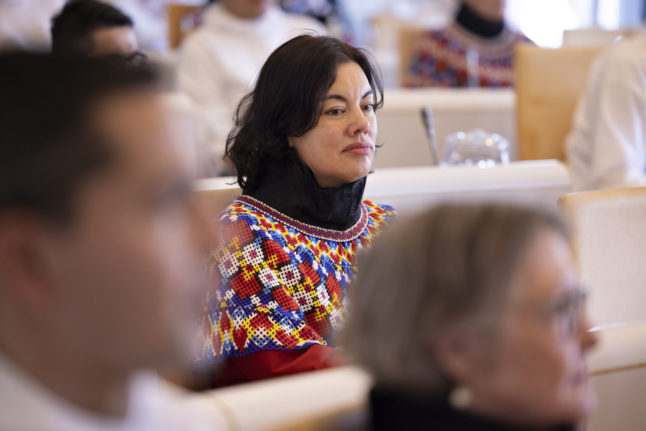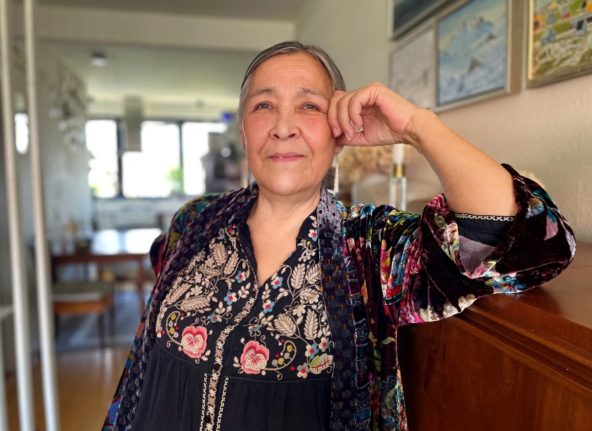Greenland’s Minister of Justice and Equality, Naaja H. Nathanielsen, confirmed in a statement the decision to probe the historical sterilisations, Greenlandic media KNR reports.
The investigation will take place parallel to another probe already ongoing under the auspices of the governments of both Denmark and Greenland.
The government in Greenland, Naalakkersuisut, has previously said it wanted the human rights element to form part of the existing inquiry, but Denmark has turned this down, Nathanielsen told KNR.
The Danish Ministry of the Interior and Health told newswire Ritzau it was unable to comment.
More than 140 Greenlandic women meanwhile sued the Danish state earlier this week for forcing them to have a coil, or intrauterine device (IUD), fitted in the 1960s and 1970.
Some of the women were teenagers at the time.
Denmark carried out the campaign quietly, without the women’s consent or even knowledge in some cases, to limit the birth rate in the Arctic territory, which was no longer a colony at the time but still under Danish control.
The lawyer for the plaintiffs, Mads Pramming, said on Monday that the case is a clear instance of human rights violation.
The Danish-Greenlandic investigation into the IUD scandal is expected to be completed in 2025. Its purpose is to uncover the political initiatives that resulted in the forced contraceptions.



 Please whitelist us to continue reading.
Please whitelist us to continue reading.
Member comments